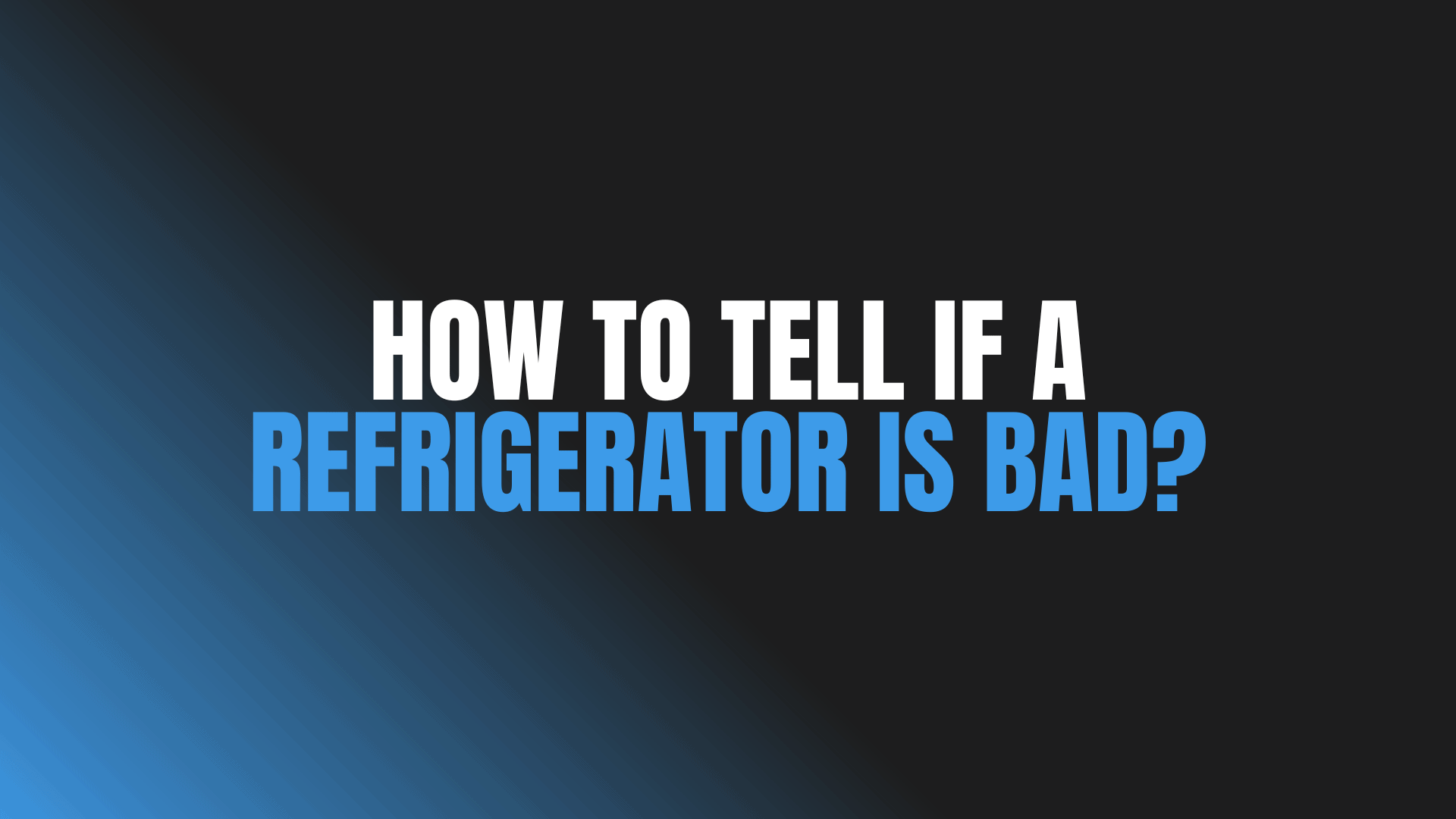
Question: What Makes a Refrigerator Go Bad?
Answer: Thins that make a refrigerator go bad includes failing compressors, refrigerant leaks, faulty defrost systems, thermostat malfunctions, and worn-out door seals.
Refrigerator Failures: Understanding the Common Culprits
Refrigerators maintain our food’s freshness and our families’ health. We rely on these appliances daily, often without a second thought. But like any machine, refrigerators eventually experience problems. Understanding the common causes of refrigerator failure helps you troubleshoot issues, make informed repair decisions, and extend your appliance’s lifespan. This article explores the key factors contributing to refrigerator malfunction, empowering you to address problems proactively and keep your food cold.
This exploration into the lifespan of your refrigerator will cover the mechanical components, the cooling system, and the electrical system. We will also look at how regular maintenance can prevent some of the more common issues. By understanding these potential problems, you can make better decisions about repairs and replacements, ultimately saving you time and money. Let’s delve into the reasons behind refrigerator failure.
Compressor Issues
The compressor is the heart of your refrigerator. It circulates refrigerant, absorbing heat from inside the fridge and releasing it outside. A failing compressor often makes loud humming or clicking noises. It might run constantly, struggle to start, or fail to cool the refrigerator adequately. Several factors can contribute to compressor failure.
Refrigerant leaks reduce the compressor’s efficiency, forcing it to work harder. Dirty condenser coils restrict heat dissipation, further straining the compressor. Electrical problems, such as a faulty start relay or overload protector, can also prevent the compressor from functioning correctly.
Click here for more information on refacing kitchen cabinet doors Toronto
Related Article: How Often Should I Replace My Refrigerator?
Related Article: How To Tell if a Refrigerator Is Bad?
Faulty Defrost System
The defrost system prevents ice buildup on the evaporator coil. A malfunctioning defrost system can lead to a thick layer of ice forming on the coil, reducing cooling efficiency. Several components contribute to defrost system failure.
Defrost Heater
A faulty defrost heater fails to melt the ice, leading to excessive frost buildup.
Defrost Thermostat
A malfunctioning defrost thermostat may not signal the heater to turn on, resulting in ice accumulation.
Defrost Timer
A faulty defrost timer may not cycle the defrost system correctly, again leading to frost buildup.
Door Seal and Insulation Problems
A damaged or worn-out door seal allows warm air to enter the refrigerator, forcing the compressor to work harder to maintain the desired temperature. This constant overwork can eventually lead to compressor failure. Poor insulation in the walls also contributes to temperature fluctuations and inefficient cooling.
Check the door seal regularly for cracks or gaps. Ensure the door closes tightly. If you notice excessive condensation or frost buildup, it may indicate a problem with the door seal or insulation. Addressing these issues promptly helps maintain optimal refrigerator performance and prevent premature component failure.
Temperature Control Issues
The temperature control system maintains the desired temperature inside the refrigerator. A faulty thermostat or temperature sensor can lead to incorrect temperature readings, resulting in the refrigerator running too cold or too warm. A refrigerator that is too cold can freeze food, while one that is too warm can lead to food spoilage.
Testing the thermostat and temperature sensor can help diagnose these issues. If these components are faulty, replacing them restores proper temperature regulation. Regularly checking the temperature inside the refrigerator using a thermometer ensures accurate readings and helps prevent temperature-related problems.
Electrical System Failures
Several electrical components are essential for proper refrigerator operation. A power surge or faulty wiring can damage these components, leading to various problems.
Start Relay
A faulty start relay prevents the compressor from starting.
Overload Protector
A faulty overload protector may shut down the compressor prematurely, preventing it from running continuously.
Control Board
A malfunctioning control board can disrupt various functions, including temperature control and defrost cycles.
Conclusion: Prolonging Your Refrigerator’s Life
Understanding the common causes of refrigerator failure helps you address potential problems proactively and extend your appliance’s lifespan. Regular maintenance, such as cleaning the condenser coils, checking the door seals, and ensuring proper airflow, can prevent many issues. Addressing minor problems promptly can also prevent more serious and costly repairs down the road.
By recognizing the signs of a failing refrigerator and understanding the underlying causes, you can make informed decisions about repairs or replacements. Remember, a well-maintained refrigerator not only keeps your food fresh but also contributes to a more efficient and cost-effective household. Take care of your refrigerator, and it will take care of your food for years to come.

Blue Malue Get in touch with Blue here.
